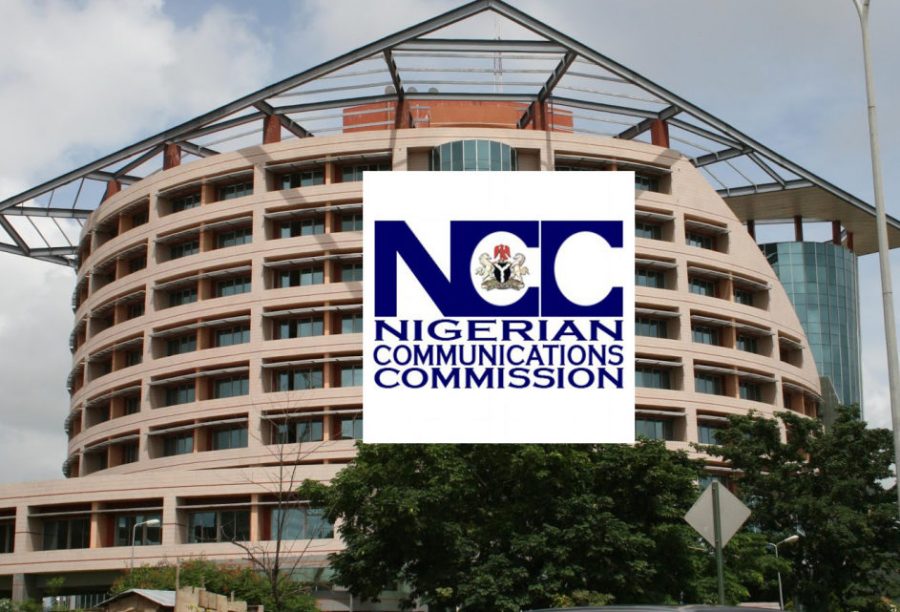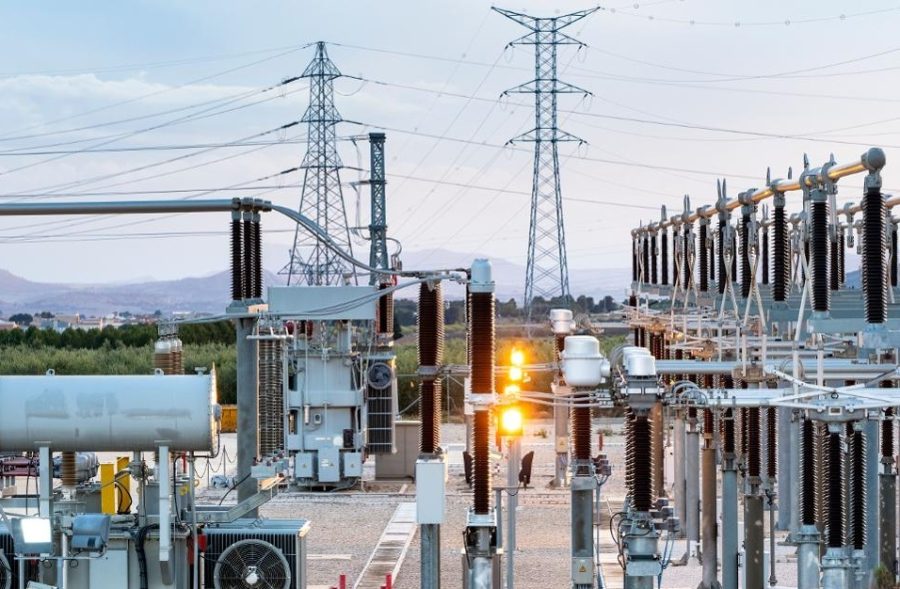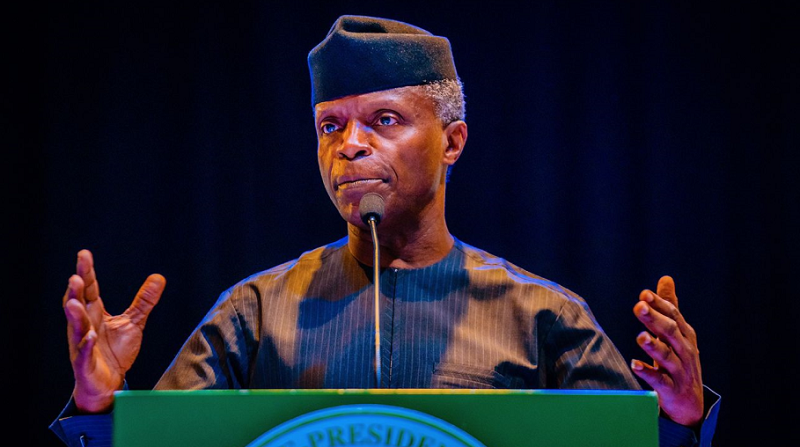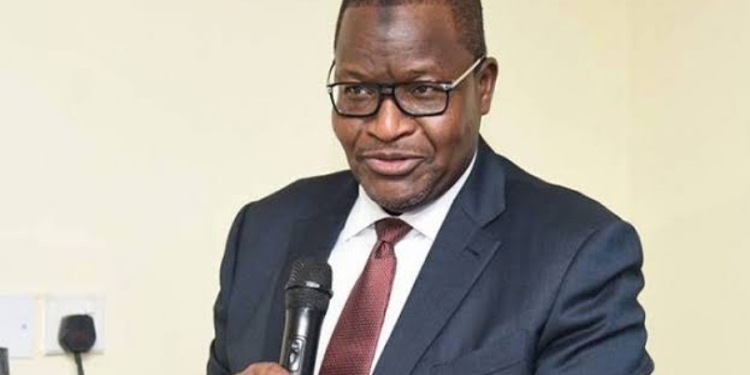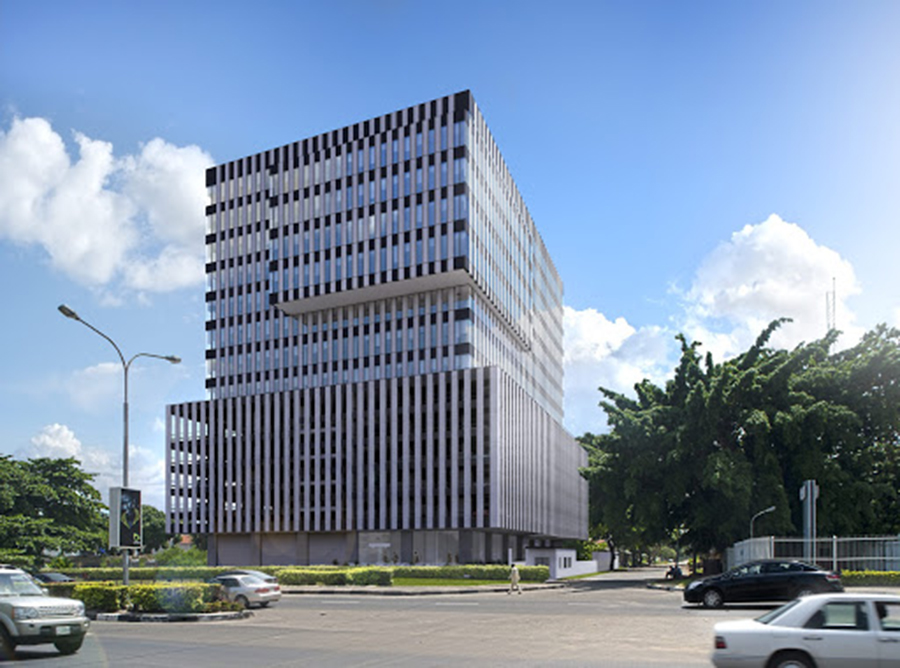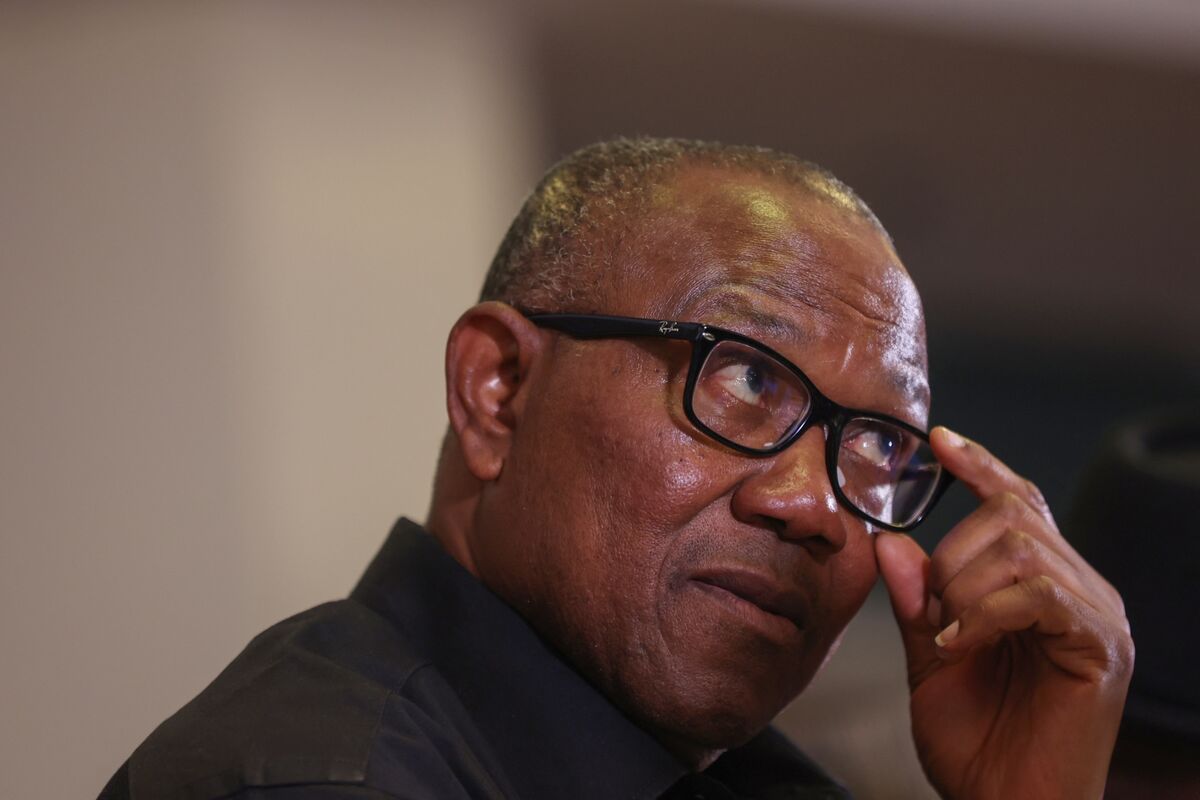Investments in the Nigerian telecoms sector have reached $70 billion (about N25.2 trillion), the Nigerian Communications Commission has confirmed.
The NCC’s Executive Vice Chairman/CEO, Prof Garba Dambatta, disclosed this yesterday at the maiden edition of Nigerian Telecom Leadership Summit which took place in Lagos. According to him, the sector’s contribution to the Gross Domestic Product in Q4 2018 was 9.85%, which translates to about N1.9 trillion when converted.
Dambatta added that Nigeria had over 63 million subscriptions on broadband and 173 million lines in the voice segment as of March 2019, representing 91% teledensity.
But more is needed: Interestingly, the sector requires an additional $30 billion worth of investment to extend telecom services to unserved areas, as well as to resolve other challenges.
Why this Matters: According to to Doyin Salami, an Associate Professor at the Lagos Business School who was present during the presentation, the investments would help to fully launch Nigeria into the Fourth Industrial Revolution by improving the quality of telecom services in the country.
The don commended the sector for performing well by emerging the fourth largest sector of the economy last year. Salami emphasised the country must resolve the multiple taxation bottleneck swiftly in order to woo investors to the sector.
He stated that upgrading the current 2G and 3G infrastructure required new investments, even as he asserted that “the future of telecoms is about co-creation.”
The problem of Multiple Taxation: He, however, identified multiple taxation as the bane of practically all the sectors of the economy, even though the telecoms industry was the most affected, he said.
In the same vein, the erstwhile Communication Minister, Mrs Omobola Johnson, also talked about the challenge of multiple taxation which predated her appointment as minister. According to her, the issue was yet to be resolved five years after exiting the ministry. She said the issue could be resolved with an executive order.
Meanwhile, Mrs Omobola Johnson also used the occasion to call for a role change/adjustment for the NCC. The regulator’s new role, according to her, should be in line with the emerging digitisation era. She made the call due to her belief that telecoms regulation era of merely licensing and providing level playing field is gone. By now, the NCC shouldn’t be regulating only telcos, she added.
Lending his voice, Gbenga Adebayo, Chairman, Association of Licensed Telecoms Operators of Nigeria (ALTON) said operators were faced with 39 different taxes and levies restricting the expansion of infrastructure in the country.
The Government’s Response: Reacting, the Vice President, Yemi Osinbajo, assured that the next level agenda would focus on making the business environment friendlier.
The VP, who was represented by Babafemi Ojudu, Special Adviser on Political Affairs, said President Buhari is passionate about bridging the digital divide in the country with the new policy direction.
Danbatta recalled that NCC had met with the Governor forum four times to enlighten governors on multiple taxation dangers.
“We are not repenting, we shall do more and engage them constructively,” Prof Danbatta remarked.

